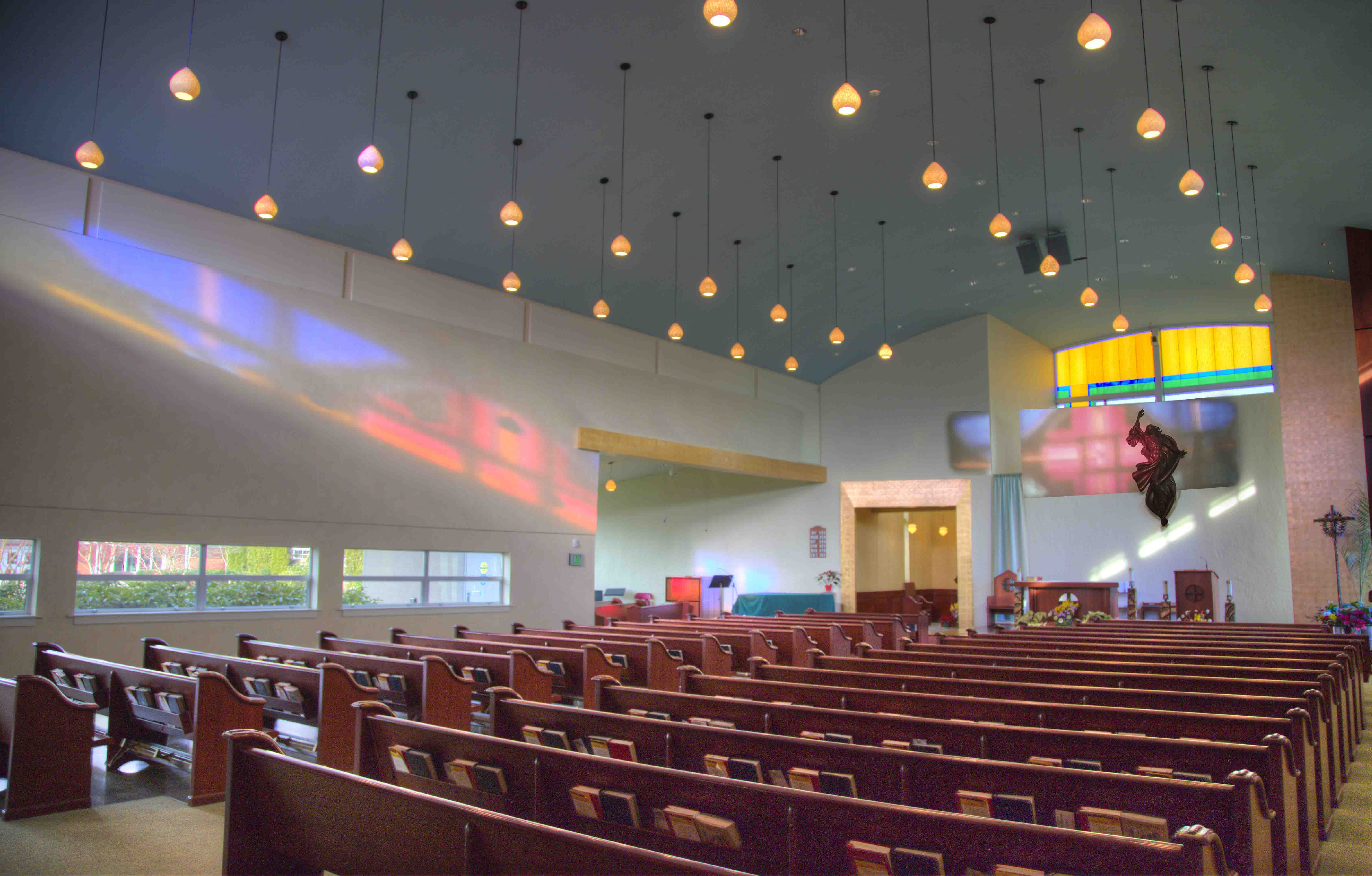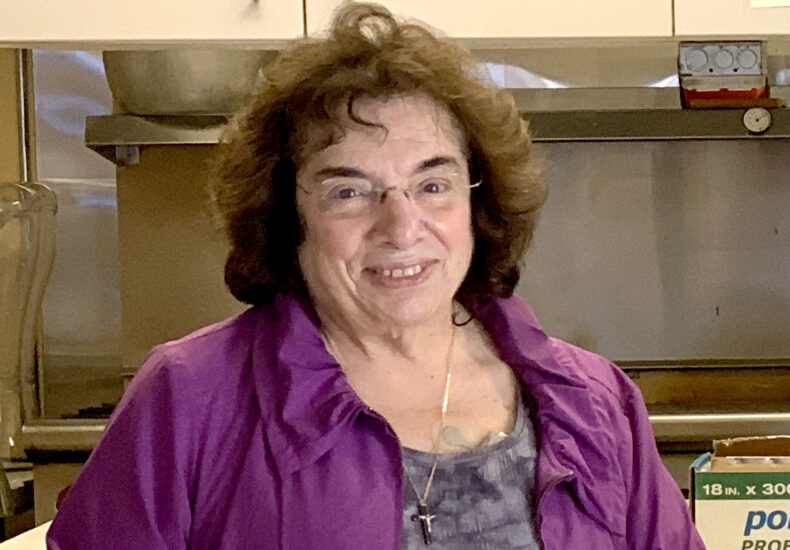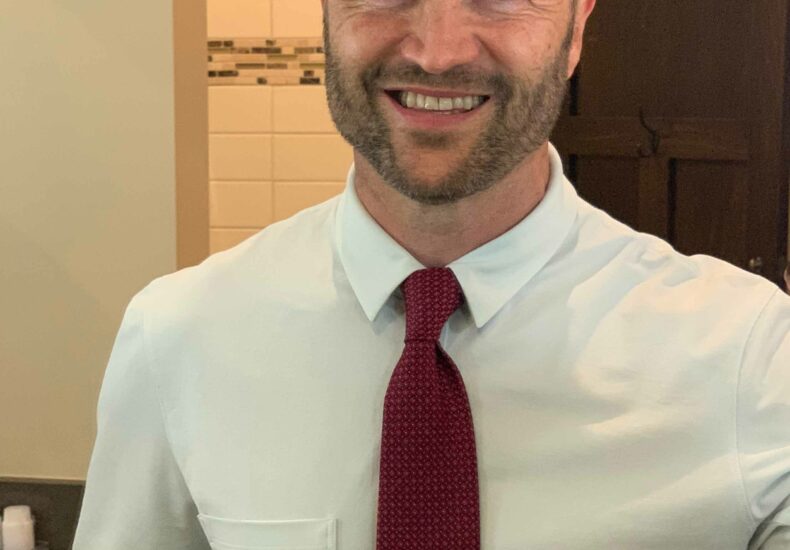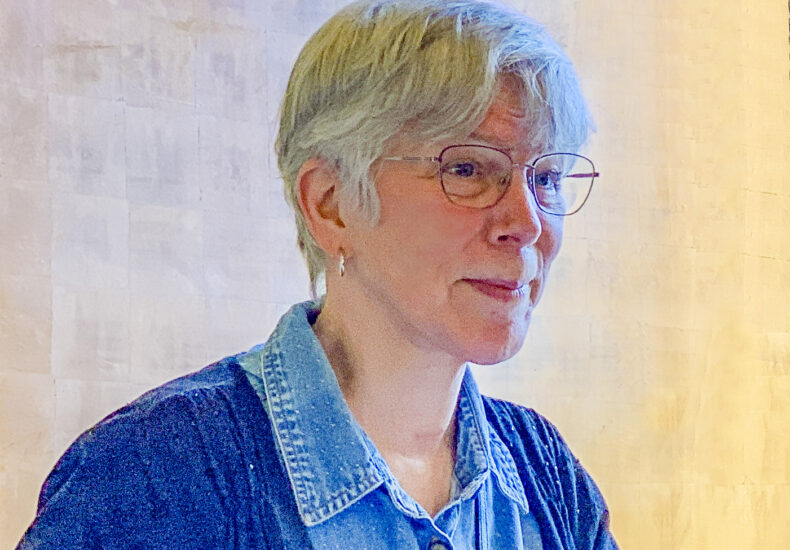
I was baptized Catholic and born to great parents who practiced the faith all their lives. I was educated by Franciscans at Ascension parish and so received all the sacraments of initiation in grade school. I continued practicing Catholicism all through high school and into my mid-twenties. Then I stopped attending Sunday mass, opting to sleep in on those mornings. Was I mad at the church, or at God? No, I still believed in Jesus and God. I still thought the church of my childhood did a lot of good. But I wouldn’t get back to the sacraments for three decades. I considered myself a “cultural Catholic.” I tried to understand the church’s point of view on basic issues of morality.
I am sure this is a familiar story. I trusted the Franciscans who schooled me. I believed they had our best interests at heart. And except for one sister who liked whacking behinds and pulling hair, the others were far gentler in their discipline. There were compensations like the May Procession each spring. With it came the fragrance of roses, the lovely Marian songs. Regularly on Fridays we experienced Benediction complete with aromatic incense and Latin hymns.
The last golden days of the fifties and early sixties gave way to the secularism of the late sixties and seventies. No cradle Catholic considering a vocation or career could escape feeling the beginning of the culture wars, especially in the personal arena. For one thing, what would dating and courtship be like after the invention of the Pill and the wide appeal of “living together” to see if two people of the opposite sex were “compatible?”
In future decades other questions, settled for some, but not for others, came about. Questions like “What is a human being/person?” or “What is a man/woman?” and “What is marriage?”
I like the church’s answers, so carefully balanced between science, social science and morality.
Secular ideas are often based upon identity politics and emotions more than reason.
The Church’s mission is to be “inclusive” to all who seek the truth. The Church can also be tolerant towards those who do not know how to go about seeking it. Only those on either side who are open minded can truly dialog.
During my “unchurched” years, I met a lot of great friends and colleagues in education, in journalism, in hospice care. We hiked the northwest and felt God was ever so present in Nature. I met and married an Evangelical man who was not hostile to my childhood faith. Unfortunately, the Catholic men I knew wanted to distance themselves from the faith.
After being widowed I returned to Portland from a small coastal town. By that time lay evangelists and Catholic media were in full operation having taken to heart the meaning of Vatican II. I watched a show on EWTN called The Journey Home for several years. It was about converts and reverts to the faith. The network I had seen before and remembered the squeaky voiced, folksy humored nun who ran the station. I wasn’t so sure about her appeal at the time, but I later found out that her life story is what makes her so endearing. It was a real rags to riches story of the highest spiritual order. That, and how she cannily showcased the talents of others.
So I read and listened my way back into the Catholic Church again. I was especially drawn to reading church history. From this I learned about so many distinguished popes who shepherded the church. And of course the many saints who reformed the church throughout the centuries. For others there was a different path back into the church. Sometimes that was a painful loss I am told.
Thinking outside the secular box helps in becoming Catholic. So I let go of my steady diet of NBC and CNN. I recommend following reliable Catholic Media. There are so many great Catholic journalists covering the world in a meaningful way, on programs like EWTN News in Depth, The World Over, and Vaticano, to name but a few. Include websites like Pints with Aquinas, The Ruth Institute, First Things, Word on Fire.
One final thought. I don’t put my faith in politics. It’s not my religion. Non-establishment of a religion does not mean faith can’t be in the public square. Especially when good science and social science supports the church’s view.
I believe in worshipping in community. And in receiving the Eucharist worthily we truly embrace Christ. That what we are meant to do and it is what keeps me in the church.
By Jeanette Bard
Related posts
 Returning to the Faith
Returning to the Faith Rosemary Childress
I wanted to be a saint when I was eleven years old. I would …
- stanthonypdx_kk40nw
- December 11, 2023
- 11:37 am
- 0 comments
 Encounters
Encounters Glenn–the Gift of Faith
I was baptized Catholic and grew up going to Mass every Sunday with my …
- stanthonypdx_kk40nw
- December 2, 2023
- 3:01 pm
- 0 comments
 Returning to the Faith
Returning to the Faith Paula Rose Lang
I was born into a Catholic home and attended a Catholic school. My Parish …
- stanthonypdx_kk40nw
- August 15, 2023
- 4:02 pm
- 0 comments
